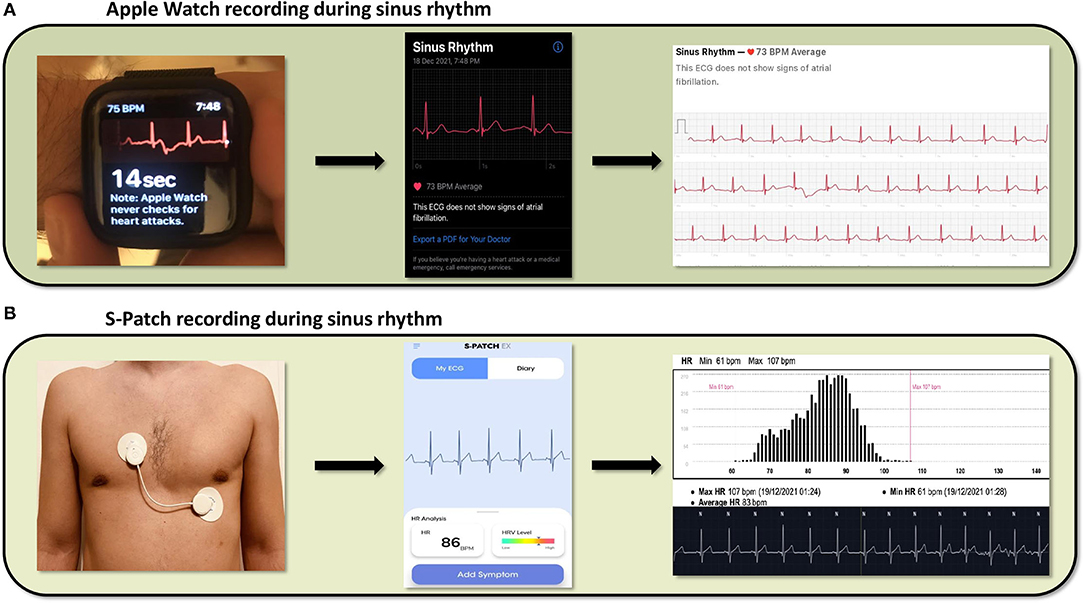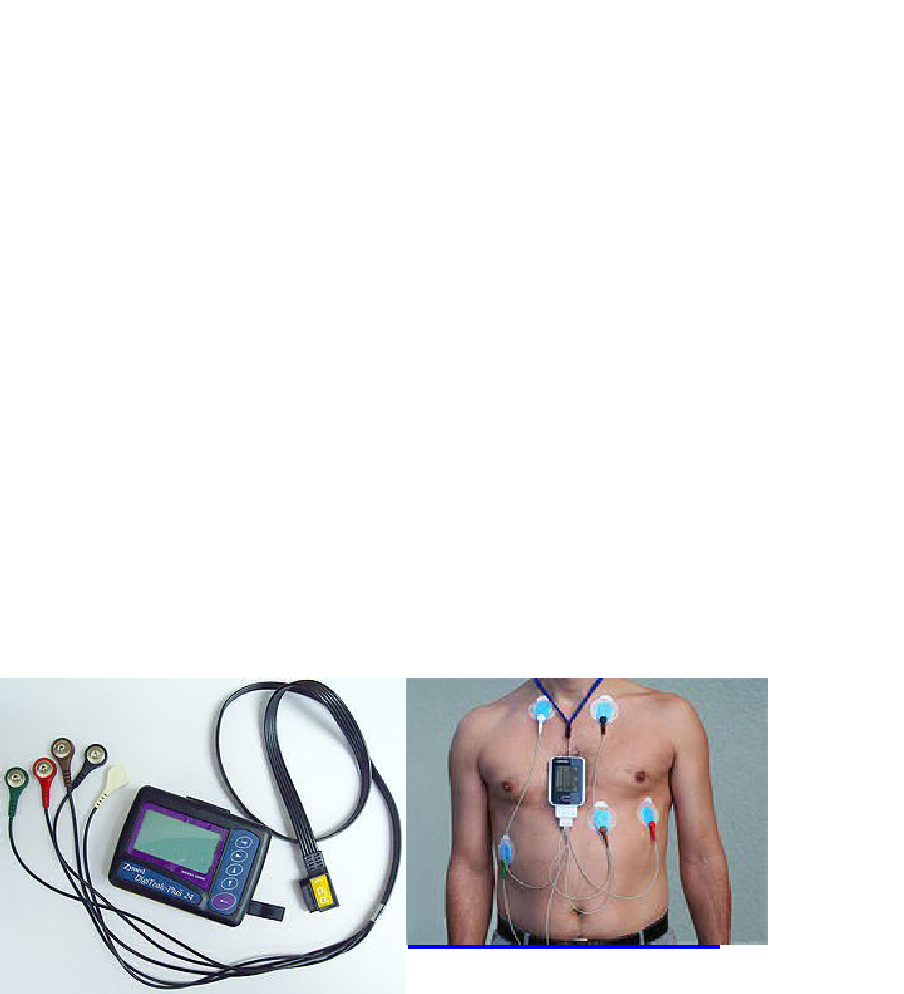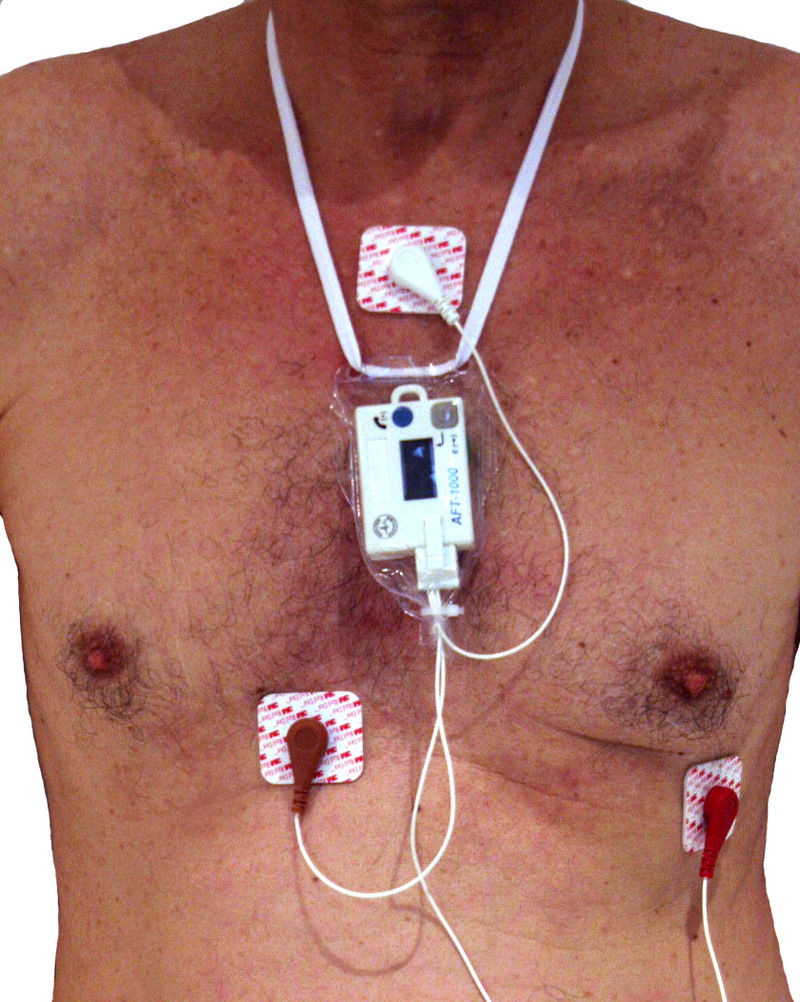
Monster Legends Wiki on Twitter: "Upcoming monsters: The Judgment & Holter #monsterlegends https://t.co/ReHdhgipwa" / Twitter

Philips 860322 User Manual Product Brochure Holter Monitoring Analysis Software D9dd70f2fce945ab9950a77c01454367

Frontiers | Remote Cardiac Rhythm Monitoring in the Era of Smart Wearables: Present Assets and Future Perspectives

Philips 860322 User Manual Product Brochure Holter Monitoring Analysis Software D9dd70f2fce945ab9950a77c01454367
The Holter Heritage in Helena: Part II – Jeff Holter & Joan Treacy Holter For three generations, the Holter family was act


















![john_holter [Neurosurgery Wiki] john_holter [Neurosurgery Wiki]](https://operativeneurosurgery.com/lib/exe/fetch.php?media=johnholter.jpg)

